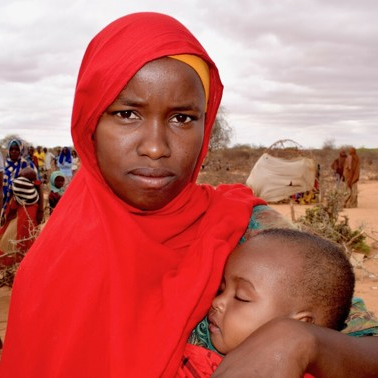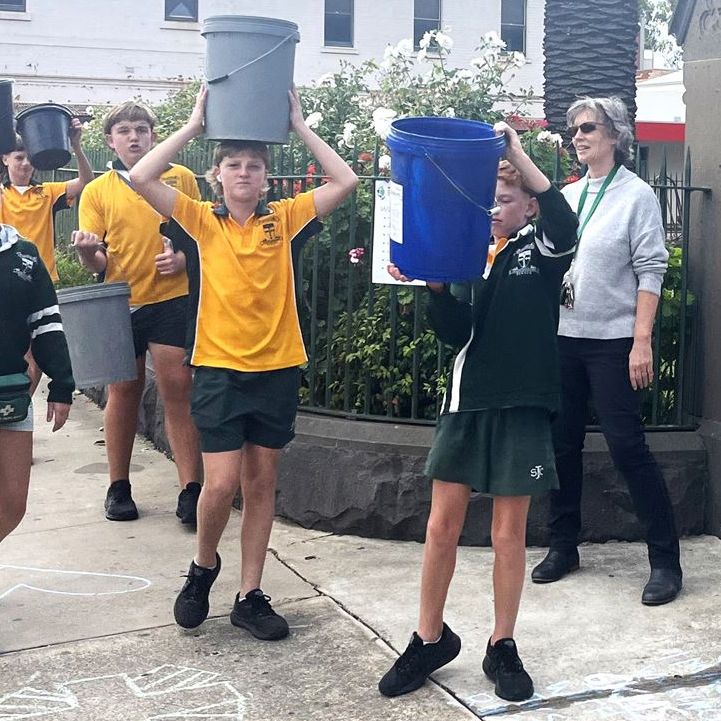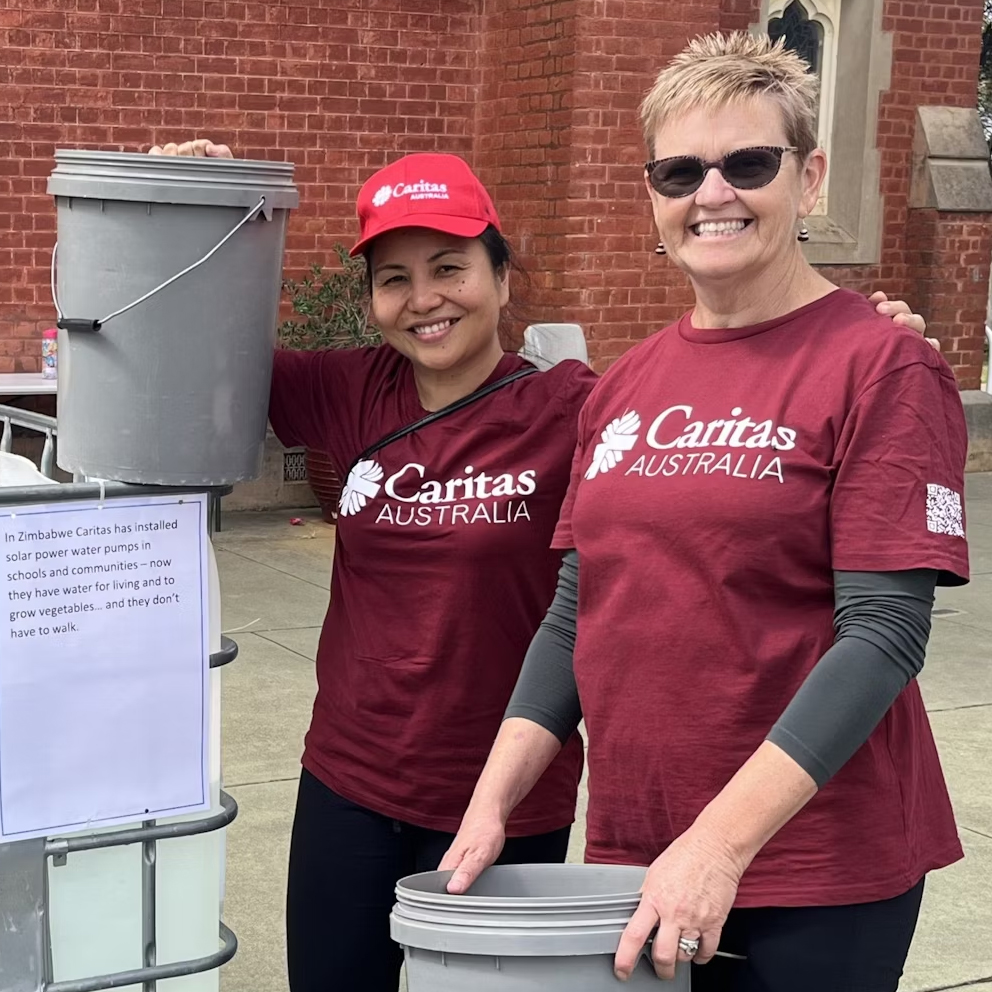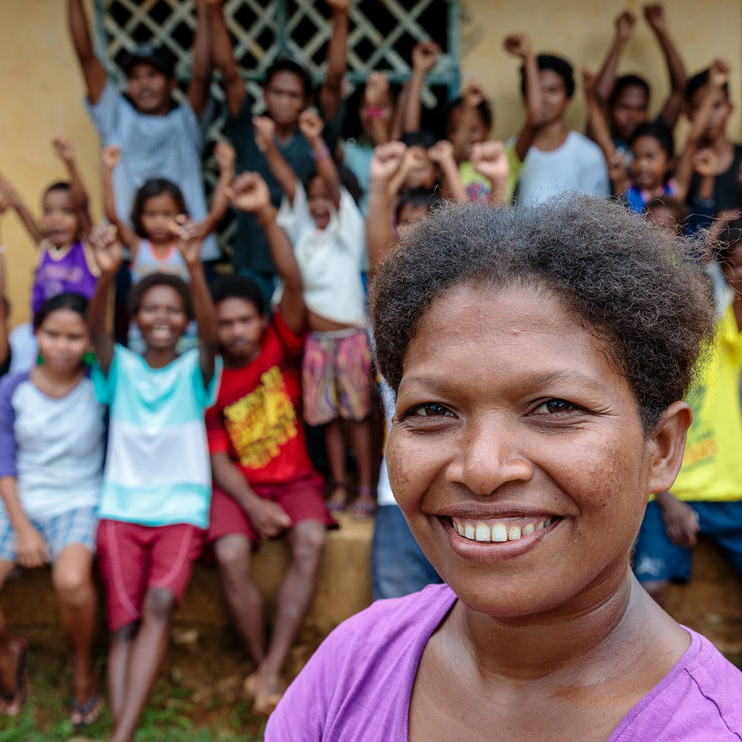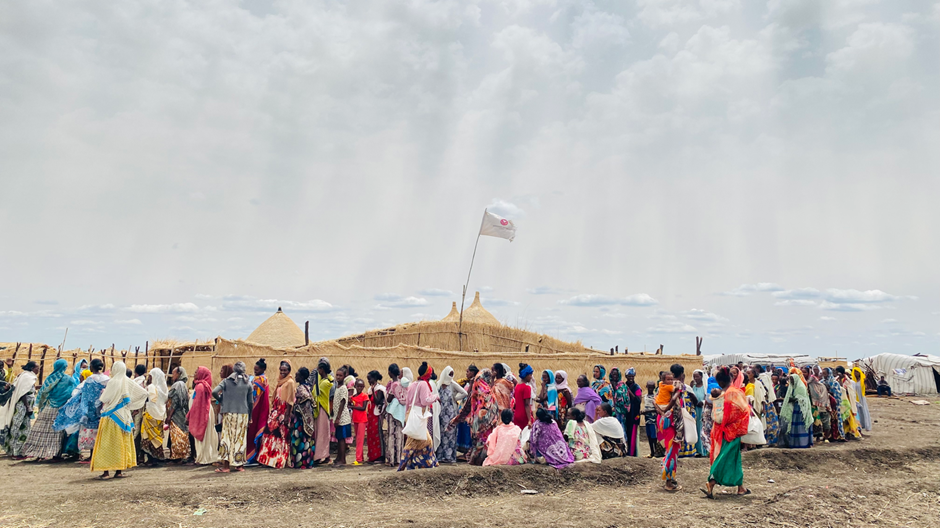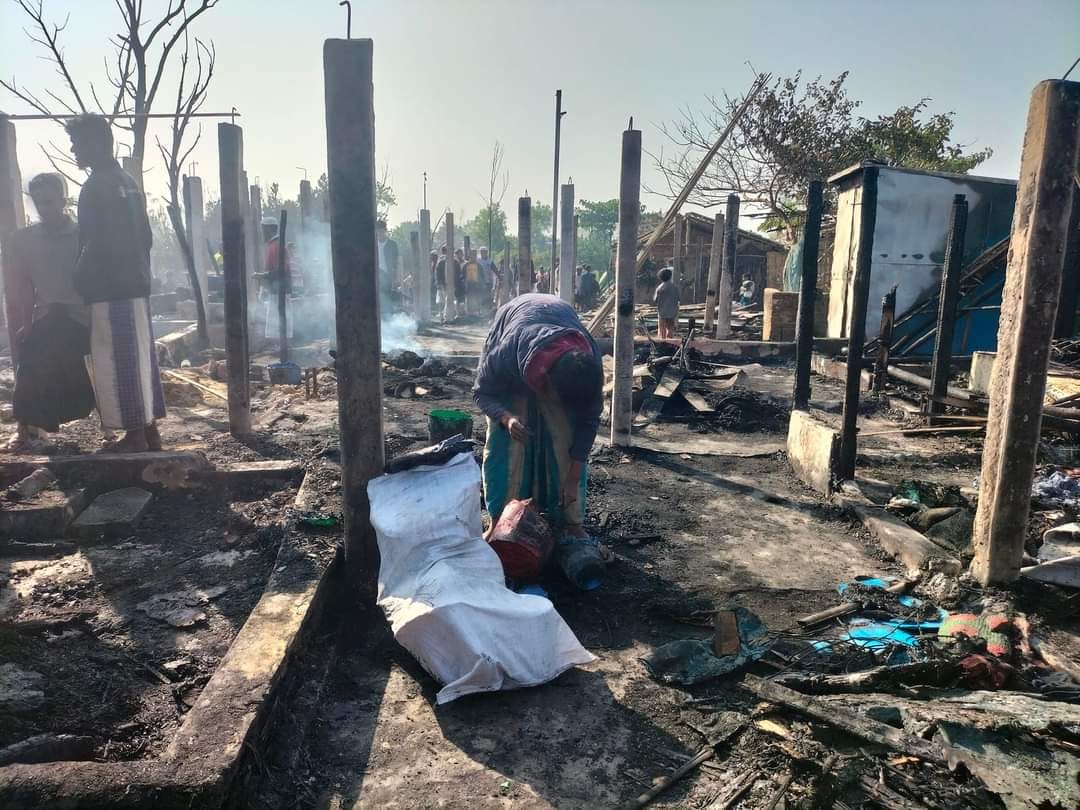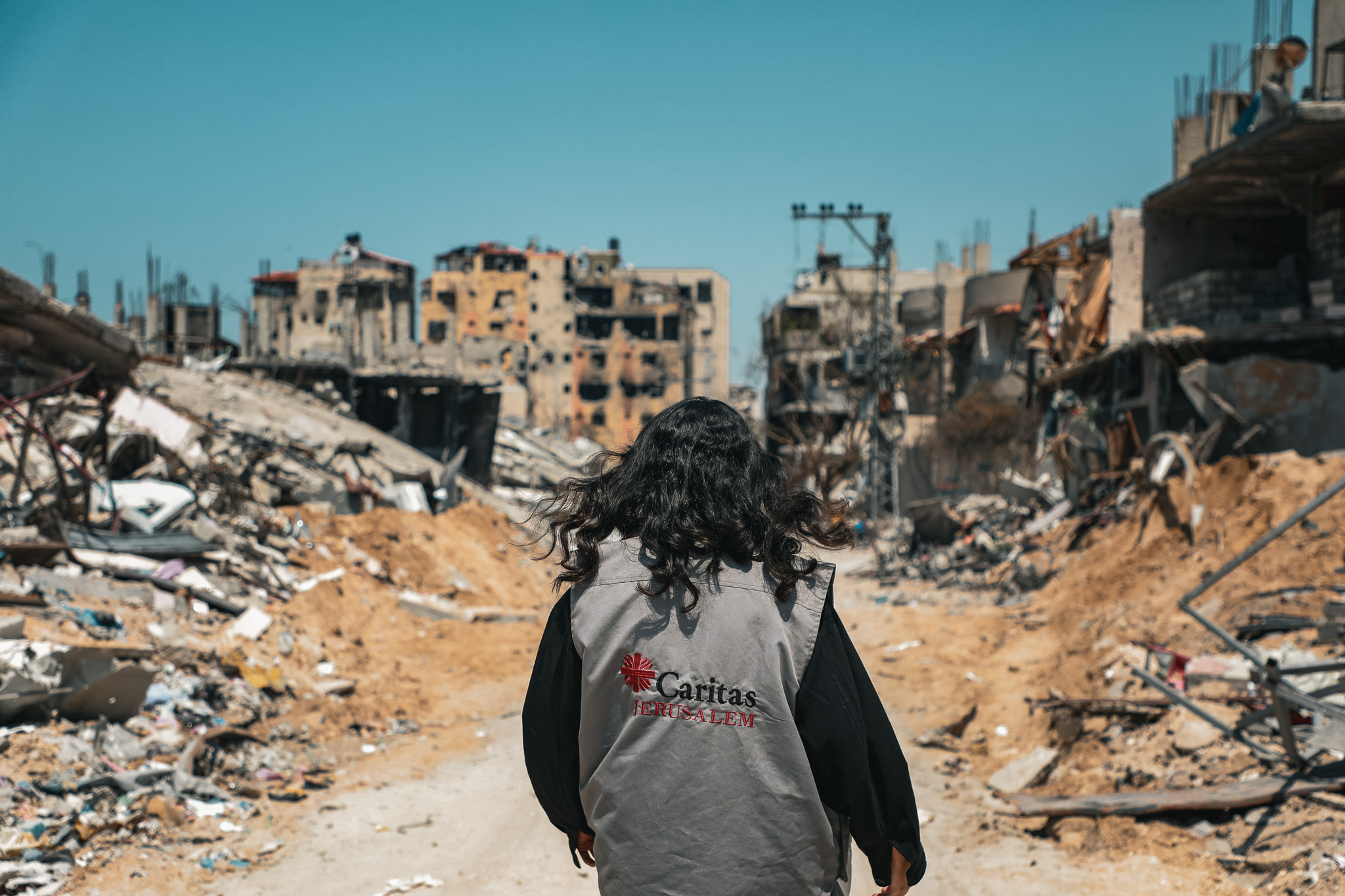After 100 days of conflict, Gaza is suffering from the worst current hunger crisis with the growing risk of famine, as it is home to 80 per cent of the global population at catastrophic risk of starvation and death.
Since the conflict began, over 23,000 Palestinians and 1,200 Israelis have been killed, with over two thirds of casualties being women and children. At least 70 per cent of all housing in Gaza has been damaged or destroyed and only 13 of its 36 hospitals remain partially functioning. The Gaza Strip also remains under an electricity blackout. In the West Bank, thousands of people have lost their jobs or had work permits go unrenewed, with those that used to work in Israel also losing income sources as they can no longer cross checkpoints.
Caritas Australia can confirm partner agencies are continuing to work on increasing their operational capacity, which includes establishing a new office in Rafah with an adjacent warehouse. Our partners are also working with an existing network of supermarkets, established as part of long-standing work in the region, with supplies being distributed from Rafah and Deir el-Balah. Work is also being undertaken with the World Food Program, leading to the distribution of 3,380 food parcels to families.
Sally Thomas, Humanitarian Emergencies Lead at Caritas Australia said, “Food deprivation in Gaza has reached extreme levels with the entire population at imminent risk of famine. Residents are also enduring a lack of access to medical care, safe shelter, and clean water. Meanwhile those in Jerusalem and the West Bank are under increasingly dire economic stress due to widespread loss of income, leaving families struggling to cover the cost of basic needs such as food and medicine.”
Since the start of hostilities, Caritas Australia’s partners have also distributed bedding supplies to 2,938 families, shelter supplies to 3,755 families, and provided multi-purpose cash assistance to 21,197 households in Gaza. Support continues to be offered to four Church premises providing shelter to displaced households.
In Egypt, bedding kits and hygiene kits have been procured for 1,360 families as well as shelter items for 480 families. Meanwhile in Lebanon, 72,437 people have been displaced due to hostilities along the southern border with Caritas Lebanon being supported by partner agencies to provide cash assistance to 470 displaced families, as well as 2,985 food kits and 246 hygiene kits.
“The need across the region is extensive, with the ongoing compassion and support of the international community set to become increasingly essential as conflict displaces people in other areas of the Middle East,” said Thomas.
